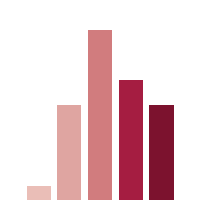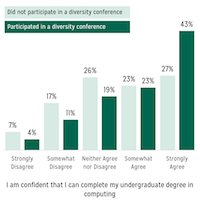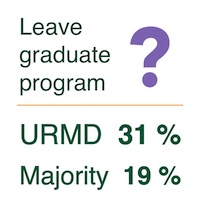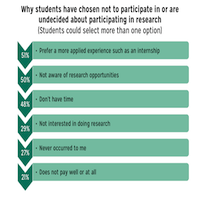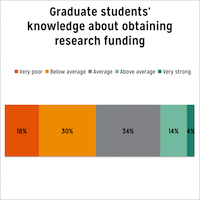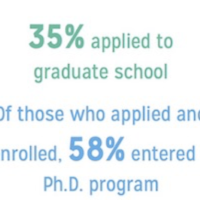
Helping Others is the Highest Rated Career Value for Both Undergraduate and Graduate Students in Computing
Undergraduate and graduate students in computing fields were asked to rate how much importance they place on a list of 15 career values. Helping others was rated the highest by both groups of students.


